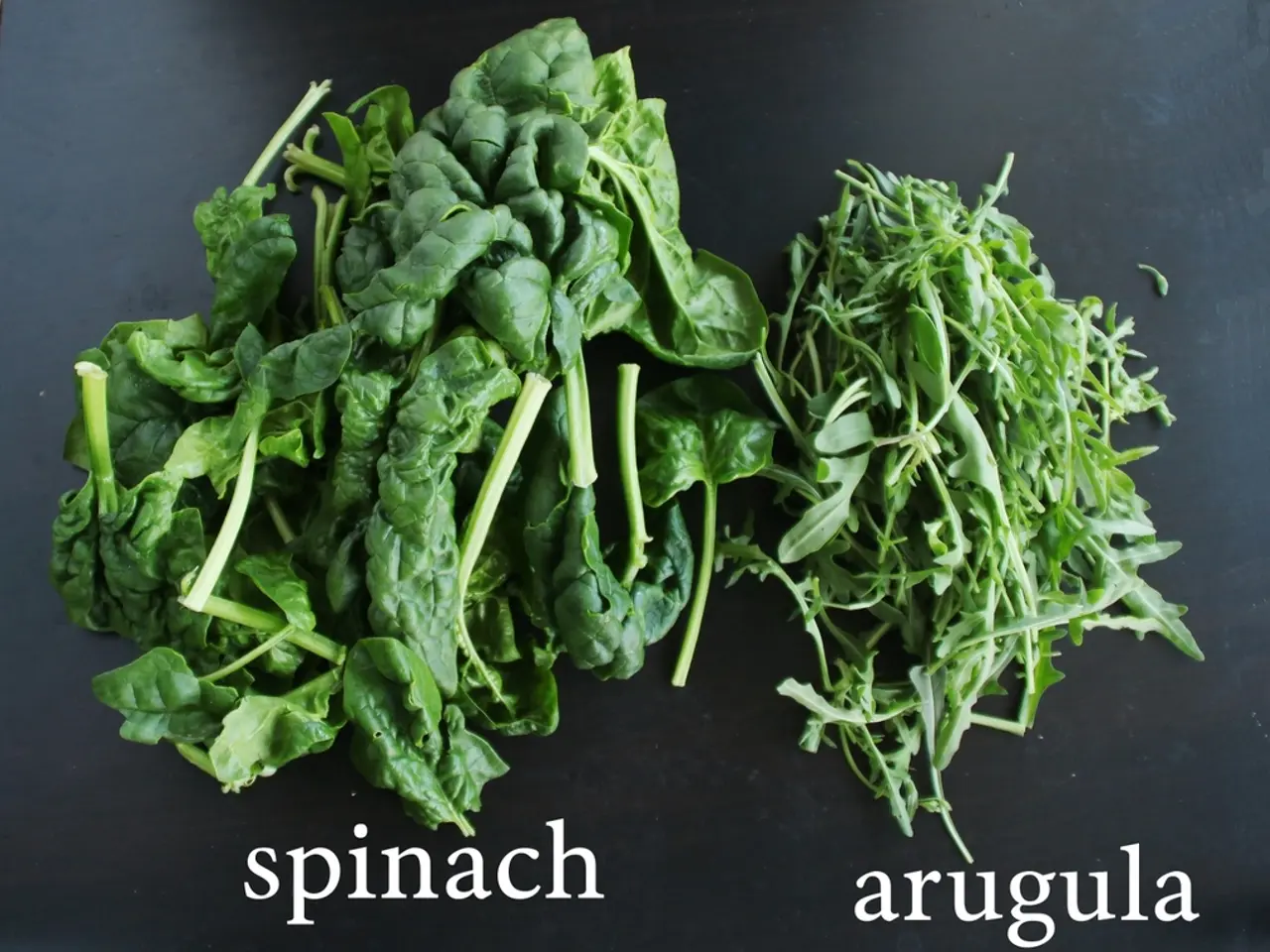Unnoticed Nutrient Shown to Contribute Significantly to Brain Health and Ageing Process
Green Veggies' Secret Weapon: Vitamin K for Brain Health
Embrace the power of green vegetables, as they might just be your brain's best defense against cognitive decline! A groundbreaking study by Tufts University reveals that this humble nutrient, Vitamin K, could be the key to maintaining brain cells, particularly in the hippocampus, the memory hub of the brain.
In an astounding experiment, scientists fed 60 adolescent mice either a diet deprived of Vitamin K or a regular diet for six months. Subsequent behavioral tests were designed to gauge the mice's learning and memory capabilities.
The study's revelations are striking. Mice missing out on Vitamin K struggled with both learning and memory, evident in their inability to recognize familiar objects and challenges in navigating a water maze. Moreover, the mice's brain tissue analysis revealed lesser neurogenesis, or the production of new brain cells, in the hippocampus—a region critical for learning and memory.
"Neurogenesis' impairment could directly contribute to the cognitive decline observed in the study," explained Tong Zheng, the study's lead author and a research scientist at Tufts's Human Nutrition Research Center on Aging (HNRCA). Additionally, the researchers discovered an increase in inflammation in the Vitamin K-deficient mice's brains, another key factor in cognitive decline.
While the findings are promising, Dr. Sarah Booth, the study's senior author and director of HNRCA, advises against a hastened rush to Vitamin K supplements. Instead, she emphasizes the importance of consuming a balanced diet, particularly focusing on the green veggies we love. Most of us already meet our daily Vitamin K requirements, but deficiencies are common among older adults. Fill your plate with spinach, kale, peas, brussels sprouts, broccoli, cabbage, parsley, avocado, and kiwi for your daily dose of this brain-boosting nutrient.
This fascinating research was published in the Journal of Nutrition. To learn more about Vitamin K's impact on brain health, check out our articles on Vitamin D, dietary changes for improved mental health, and the remarkable differences between human and chimpanzee brains.
- Vitamin K, discovered as a secret weapon in green vegetables, could be instrumental in maintaining brain health and preventing cognitive decline.
- The impact of Vitamin K on brain health is further underscored by a recent study, which demonstrated its role in promoting neurogenesis, especially in the hippocampus, the memory hub of the brain.
- To ensure enough intake of Vitamin K for brain health, it's recommended to consume a balanced diet, focusing on green, leafy vegetables such as spinach, kale, and peas, in addition to broccoli, brussels sprouts, cabbage, parsley, avocado, and kiwi.
- Adopting a health-and-wellness lifestyle, incorporating fitness-and-exercise routines, and paying attention to mental-health and nutrition are crucial ways to support overall brain health, as research continues to unveil new secrets about the intricate relationship between nutrition and the brain.







